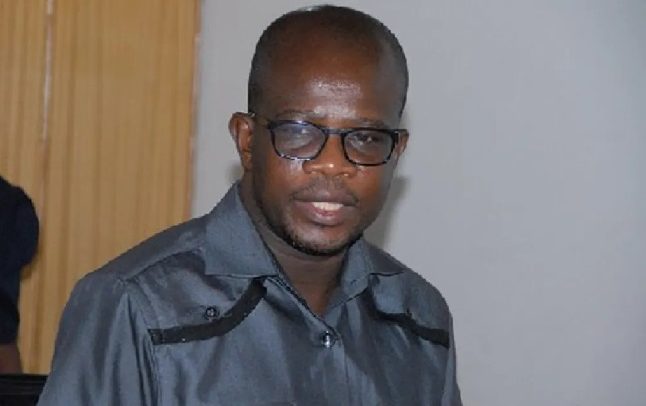Michael Kpessah-Whyte
The Supreme Court has convicted Dr Michael Kpessah-Whyte for contempt of court for scandalising the court.
The conviction was handed down by a five-member panel of the court, presided over by Justice Mariama Owusu.
Dr Kpessah-Whyte initially pleaded not guilty to the charge of scandalising the court but later changed it to guilty with explanation and then finally guilty.
According to the court, Kpessah-Whyte’s actions constituted an attack on the integrity and authority of the court, and were therefore in contempt of court. The court further noted that his conduct was unacceptable and had the potential to undermine public confidence in the judiciary.
Kpessah-Whyte, a former Director of Research at the Presidency and a senior member of the opposition National Democratic Congress (NDC), had made comments that were deemed to be insulting and scandalous to the court.
In his controversial tweet, Professor Kpessa-Whyte accused the judiciary of partisanship and lack of common sense, further stating that they have turned a Supreme Court into a Stupid Court.
“They have succeeded in turning a Supreme Court into a Stupid Court. Commonsense is now a scare commodity. A major element in the death of democracies is partisanship in the delivery of justice. Our judges need lessons in political philosophy and ethics. Time will tell !” the tweet read.
The tweet drew widespread condemnations with many people accusing the lecturer of attempting to undermine the credibility of the judiciary in the country.
The court took strong exception to his comments and subsequently issued him with summons.
Prof Kpessah-Whyte appeared before the court and was charged with contempt. He initially pleaded not guilty, but later changed his plea to guilty with explanation. However, the court was not satisfied with his explanation and subsequently convicted him on the charge.
The court has yet to announce the sentence for Prof Kpessah-Whyte’s conviction.
However, he could face imprisonment, a fine, or both. The case has generated a lot of interest in Ghana’s political circles, with some commentators expressing concern about the implications of the conviction for freedom of speech and the independence of the judiciary.
This high-profile case has once again highlighted the importance of respecting the authority and integrity of the judiciary, and the need for all citizens to conduct themselves in a manner that upholds the rule of law and promotes public confidence in the justice system.
By Vincent Kubi


